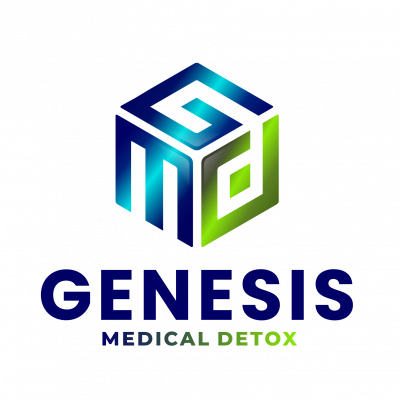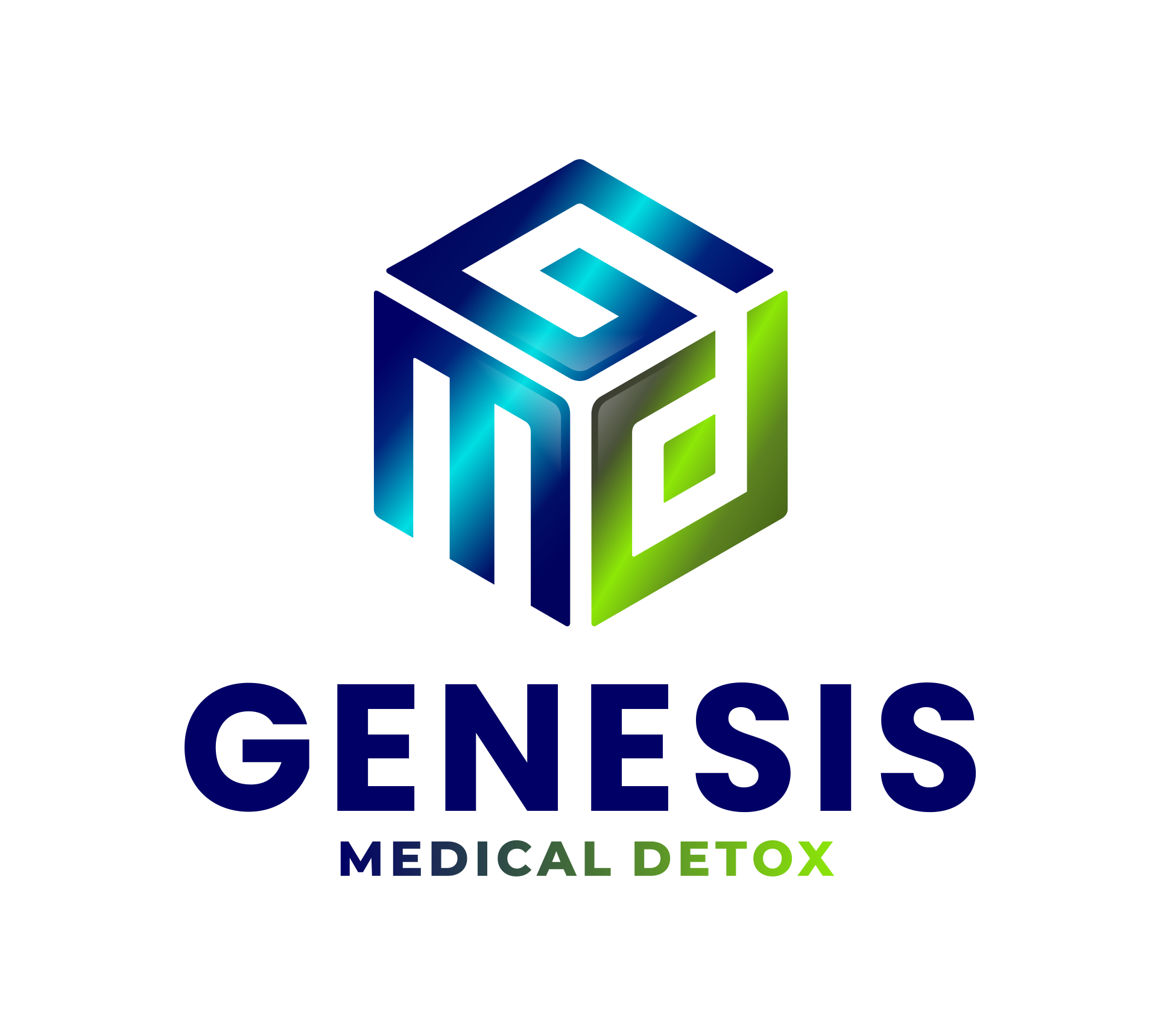
Alcohol detoxification, commonly known as alcohol detox, is the process of eliminating alcohol from the body. This is typically done under medical supervision to manage withdrawal symptoms and ensure the safety of the individual undergoing detox. Alcohol detox is an essential step in the recovery process for individuals struggling with alcohol addiction.
Alcohol detox is a critical phase in the treatment of alcohol addiction. It helps individuals safely rid their bodies of alcohol and manage the physical and psychological symptoms of withdrawal. While the process can be challenging, with the right support and medical supervision, individuals can successfully complete detox and begin their journey to recovery.
How Alcohol Effects the Brain
To understand the importance of alcohol detox, it is important to first understand how alcohol effects the brain. Alcohol affects the brain in various ways, influencing neurotransmitter activity, brain structure, and cognitive function. Chronic alcohol abuse can lead to long-term changes in the brain, contributing to the development of addiction and cognitive impairments.
Neurotransmitter activity: Alcohol affects neurotransmitter activity in the brain, particularly gamma-aminobutyric acid (GABA) and glutamate. Alcohol enhances the inhibitory effects of GABA, leading to symptoms of relaxation and sedation. Conversely, alcohol suppresses the excitatory effects of glutamate, which can result in impaired coordination, memory, and judgment.
Brain structure: Chronic alcohol abuse can alter the structure of the brain, particularly in regions associated with memory, learning, and emotional regulation. Prolonged alcohol consumption can lead to brain shrinkage, particularly in the frontal lobe and hippocampus. These structural changes can contribute to cognitive deficits and emotional disturbances in individuals with alcohol use disorders.
Cognitive function: Alcohol impairs cognitive function by interfering with neural communication and signaling in the brain. Acute alcohol intoxication can result in difficulties with concentration, decision-making, and motor coordination. Long-term alcohol abuse can lead to cognitive impairments, including memory loss, attention deficits, and executive dysfunction.Alcohol Withdrawal
Alcohol withdrawal is a complex and potentially dangerous condition that occurs when individuals who have been consuming alcohol excessively suddenly stop or reduce their intake. The symptoms of alcohol withdrawal can range from mild discomfort to severe complications, including seizures and delirium tremens. It is important for individuals experiencing alcohol withdrawal to seek medical help in order to safely manage their symptoms and prevent any serious health risks.
Physical Symptoms: - One of the most common physical symptoms of alcohol withdrawal is tremors or shaking hands. This can be a sign of the body's dependence on alcohol and its reaction to the sudden decrease in consumption. - Other physical symptoms may include sweating, increased heart rate, nausea, vomiting, and headaches. These symptoms can be uncomfortable and make it difficult for individuals to function normally.
Psychological Symptoms: - Alcohol withdrawal can also cause a range of psychological symptoms, including anxiety, depression, irritability, and mood swings. These symptoms can be distressing and may lead to difficulties in relationships and work performance. - In severe cases, alcohol withdrawal can lead to hallucinations, confusion, and delirium tremens. These symptoms require immediate medical attention as they can be life-threatening.
Timing of Symptoms: - The timing of alcohol withdrawal symptoms can vary depending on the individual's level of alcohol dependence. Symptoms may start as soon as a few hours after the last drink and can peak within 24-48 hours. - Symptoms may continue for several days or even weeks, with the most severe symptoms typically occurring within the first few days of withdrawal.
The Importance of Alcohol Detox
People who have consumed alcohol to the point of physical dependency require medically monitored alcohol detox. To attempt the process at home or without the support of medical supervision is of high risk to health and life. The following reiterates the importance of detoxing from alcohol in a proper detox facility:
Safety: Alcohol detox should always be done under medical supervision to ensure the safety of the individual undergoing detox. Withdrawal symptoms can range from mild to severe, and in some cases, can be life-threatening. Medical professionals can monitor vital signs, administer medications to manage symptoms, and intervene in case of any complications.
Symptom management: Withdrawal symptoms during alcohol detox can be uncomfortable and even painful. Medical professionals can help manage these symptoms through medications and supportive care. This can help individuals feel more comfortable during the detox process and increase their chances of completing it successfully.
Support: Alcohol detox can be a challenging and emotional time for individuals struggling with addiction. Having a support system in place, including medical professionals, therapists, and support groups, can provide encouragement and motivation during detox. This support can also continue throughout the recovery process, helping individuals stay on track and avoid relapse.
In Conclusion
Alcohol detox is a crucial step in the treatment of alcohol addiction. It helps individuals safely rid their bodies of alcohol and manage withdrawal symptoms under medical supervision. With the right support and care, individuals can successfully complete detox and begin their journey to recovery.
If you or someone you know is struggling with addiction or alcoholism there are choices available. Genesis Medical Detox is Tennessee’s premier addiction treatment and alcohol detox facility. People from all over the county come to us seeking treatment for their struggles with substance abuse. We have both detox and residential options. Please, if you are struggling don’t hesitate to call us and get started on the path to long-term successful recovery. A better life is waiting for you.









